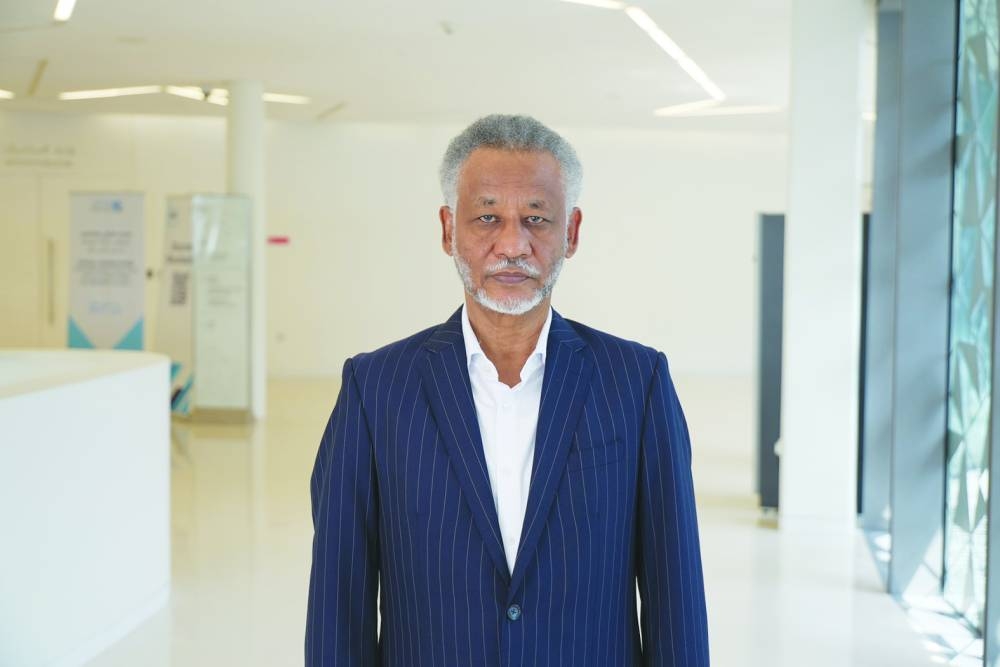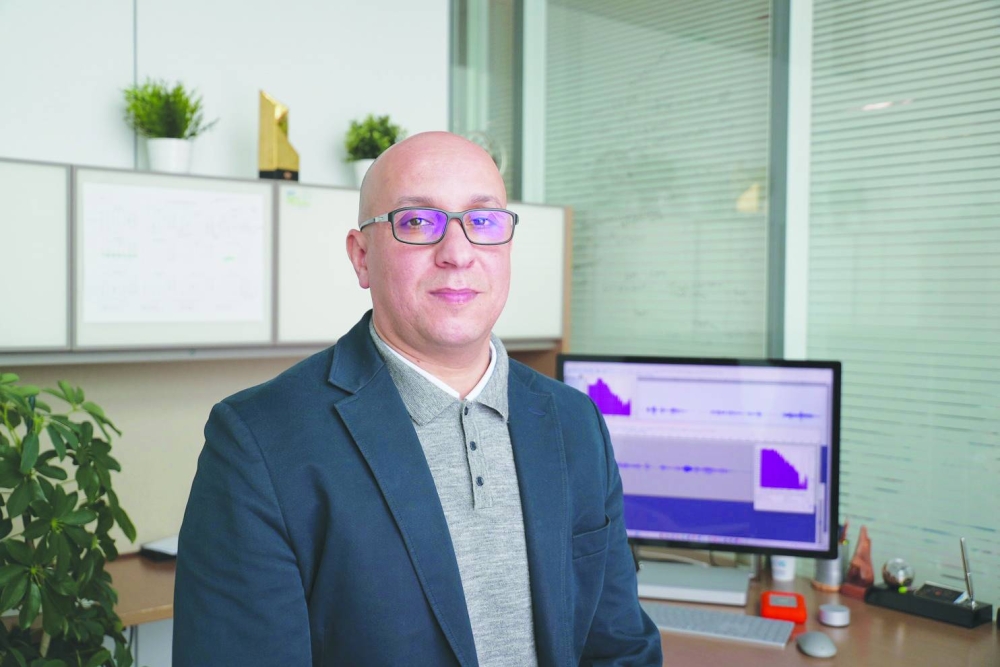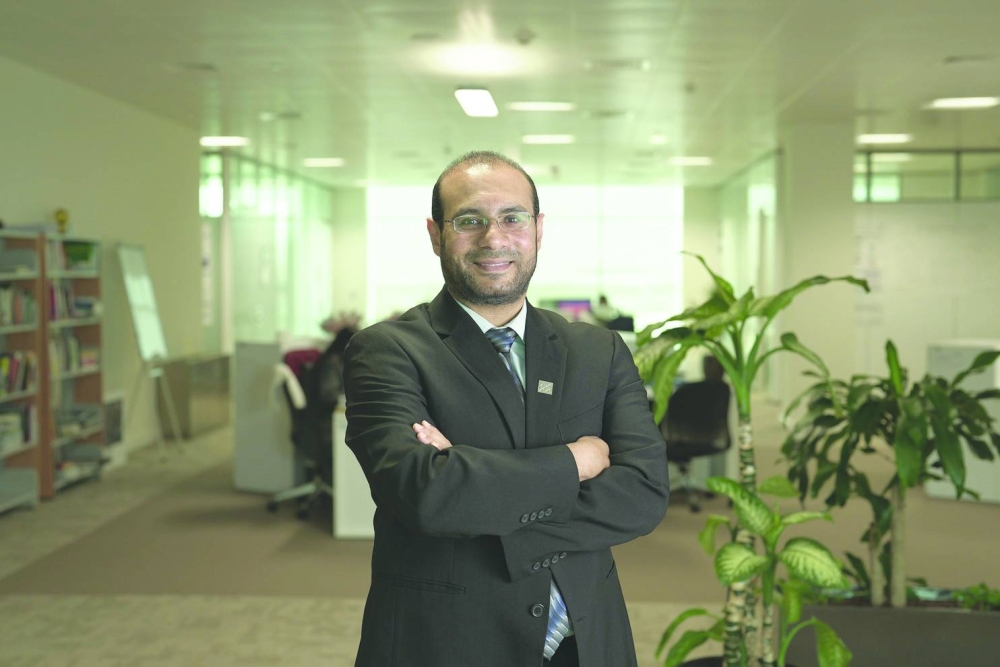Experts from Qatar Foundation’s (QF) Hamad Bin Khalifa University (HBKU) are developing artificial intelligence techniques to preserve Islamic heritage and the Arabic language.
They are working on projects that aim to integrate technical innovation with cultural and historical heritage. These projects are using advanced technologies such as machine learning and natural language processing and developing tools and software that enable heritage to be monitored and documented in an effective and comprehensive manner.
Dr Ibrahim Muhammad Zain, professor of Islamic Studies and Comparative Religion at HBKU College of Islamic Studies, says AI has a key role in preserving heritage and presenting it to people in a systematic and organised manner.
“Through AI, we can preserve heritage and history in a way that has never happened before,” he says. “If we look at our history, we find that heritage was preserved orally, then it was passed on to archivists who worked on recording the oral history in manuscripts, and then it developed into books with the invention of printing in the 18th Century.”
One project that epitomises this vision is the Digital Sirah Project. The project, whose first phase commenced in 2018 through collaboration between Qatar National Library (QNL) and Agha Khan University, reflects the aspiration of Her Highness Sheikha Moza bint Nasser, chairperson of QF, to undertake initiatives that serve the Sirah of the Prophet Muhammad (peace be upon him).
In its current phase, the project is curated with the objective of creating the world’s most comprehensive digital portal on the Prophet (peace be upon him).
Its aim is to present the life of the Prophet (peace be upon him) in a way that is accessible and engaging to the public, particularly youth, through digital mediums and AI elements.
At HBKU’s Qatar Computing Research Institute (QCRI), experts are working on using AI techniques to preserve the Arab linguistic and cultural heritage, as well as to teach, and advance understanding of, the Arabic language and local dialects.
“AI can be useful in deepening our understanding and analysis of Arabic information and culture, and this is what makes it an essential part of the ongoing efforts made by Qatar Computing Research Institute,” says Dr Ahmed Ali, a researcher in QCRI’s Arabic Language Technologies Department.
QCRI co-operates with many educational institutions in Qatar to train a system for teaching the Arabic language to non-native speakers. It is also used to teach children and young people to pronounce Arabic words, phrases, and sentences correctly, in addition to developing techniques to correct the writing of classical Arabic in terms of grammar and spelling.
The Fanar project, a result of the strategic co-operation between the Ministry of Communications and Information Technology and QCRI, is one of the most important and contemporary AI models in the Arabic language.
It relies on a huge dataset containing more than 400bn words of high-quality Arabic text, and uses it to produce accurate, high-quality texts that contribute to enhancing the representation of the Arabic language in the field of artificial intelligence globally.
Dr Mohamed Eltabakh, principal scientist at QCRI, says: “Over the past year, there has been a breakthrough in the field of technology with the emergence of large language models, but these models mostly depend on English texts.
“Fanar will be a large language model that relies on Arabic language and its different dialects as a primary language.”

Dr Ibrahim Muhammad Zain

Dr Ahmed Ali

Dr Mohamed Eltabakh
